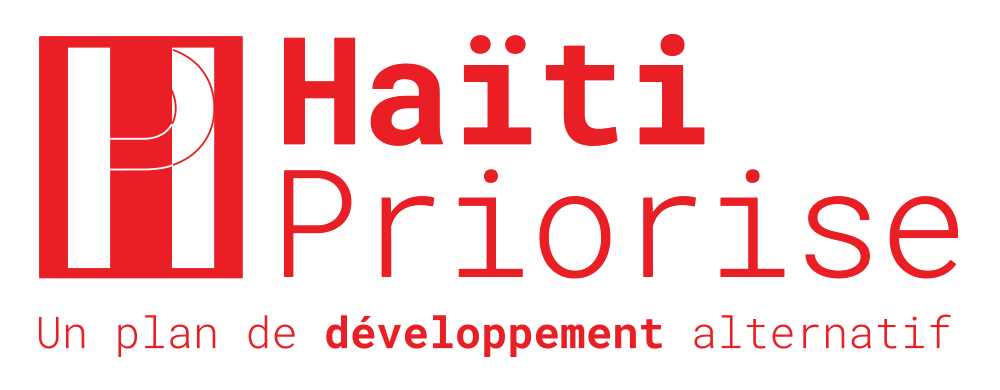Haïti Priorise: Maternal and Newborn Health, Stenberg
Stenberg - Maternal Health from Copenhagen_Consensus
Description of Problem
Haiti has the highest rate of maternal mortality in the Americas. In 2013, the maternal mortality ratio or MMR (deaths per 100,000 live births) was estimated at 380, compared to a regional average of 68 (WHO 2015a). In 2015, the MMR was estimated to have reduced to 359, and the neonatal mortality rate (deaths per 1,000 live births) was estimated at 25.4 (UN estimates). These deaths, which are the equivalent to 1,122 maternal deaths and 7,932 newborn deaths in 2017, are to a large extent preventable.
The main causes of maternal deaths in Haiti are severe bleeding, infections, hypertension during pregnancy (pre-eclampsia and eclampsia) and unsafe abortions. Main causes of newborn deaths include prematurity, asphyxia, and sepsis.
Solution
Packages of interventions are proposed, that would be provided during pregnancy: routine antenatal care visits, as well as skilled care at birth and immediate postnatal care. Also examined are services provided through emergency obstetric care, which is essential to manage complications arising at birth, as well as an expanded combination package where safe abortion and post-abortion care is part of the services provided.
Costs and health benefits are explored for increasing coverage from current levels to reach 80% or 95% in 2018 and with such coverage maintained until 2036.
Summary Table of the BCR
| Package (implemented at 95% coverage) | Benefits in USD (NPV) | Costs in USD (NPV | Benefit for Every Gourde or USD Spent |
|---|---|---|---|
| Antenatal care | 25,175,075,349 | 6,930,109,589 | 3.6 |
| Skilled assistance for normal delivery | 59,454,478,956 | 7,967,738,024 | 7.5 |
| Skilled delivery including referral and management of complications | 177,297,676,119 | 10,949,315,886 | 16.2 |
| Combination maternal and newborn health (P1+P3 | 194,621,045,556 | 11,642,588,094 | 16.7 |
| Extended combination package including safe abortion and post abortion care | 197,949,681,155 | 11,720,105,003 | 16.9 |
Benefits, Costs, and BCR
Costs
Annual additional costs to reach 95% coverage are estimated to range from USD 11 million for antenatal care to USD 24 million for a comprehensive package. Around 7.7% of health expenditure – or an equivalent of USD4.7 - is estimated to currently be devoted to reproductive health (MSPP of the Republic of Haiti (2015b)). Expanding access to a comprehensive package would require at least USD 1.95 per capita – or USD135 per birth. Out of these USD 1.45 (73%) are estimated to be carried by the health sector, and 27% by the education sector. The health sector share is the equivalent of increasing the budget for reproductive health by 41%.
Benefits
Packages for antenatal care and skilled assistance at delivery are estimated to have benefit-cost ratios ranging from 4 for antenatal care to 18 for a comprehensive combined package.
In absolute numbers of deaths averted however, access to basic and comprehensive emergency obstretric care is the key to mortality reduction. A comprehensive package for maternal health care – comprising antenatal care, skilled care at birth including management of complications, and access to safe abortion and post abortion care - would avert over 12,000 maternal deaths and close to 74,000 newborn deaths and 25,000 stillbirths during 2018-2036 if made universally available (at 95% coverage).
This is equivalent to averting over 650 maternal deaths and close to 3900 newborn deaths and 1300 stillbirths per year.
The maternal mortality ratio would be brought down from its current level of 359 to reach 125 per 100,000 (a reduction by 65%) and the newborn mortality rate would drop from 25 to the Sustainable Development Goal (SDG) target level of 12 per 1,000.
Such a comprehensive package (at 95% coverage) would have a benefit-cost ratio of 17.

